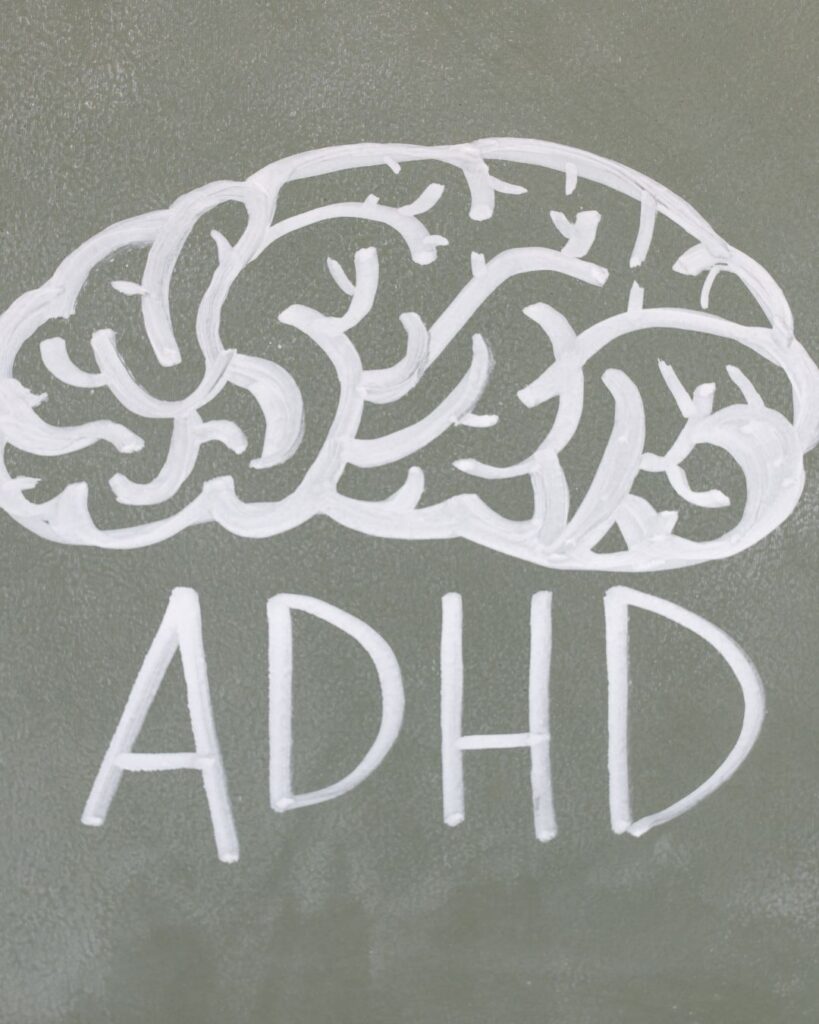By Lisa Edmondson – Nurse, Women’s Health and Hormone Specialist, and Master Holistic Health Coach
At Global Health in Takapuna, Auckland, we work with clients across New Zealand who are navigating ADHD — and one of the most important things to understand is that it doesn’t look the same in men and women. As a nurse, women’s health and hormone specialist, and Master Holistic Health Coach, I’ve seen how these differences impact diagnosis, treatment, and everyday life. Recognising these variations can be the first step toward better support and personalised care.
Why ADHD is Diagnosed Differently in Men and Women
Historically, ADHD was studied and diagnosed mainly in boys, whose symptoms often include visible hyperactivity, impulsivity, and behavioural challenges in school. These outward signs make ADHD easier to spot, leading to earlier diagnosis.
In contrast, women and girls often display more subtle, internalised symptoms — such as difficulty concentrating, disorganisation, emotional sensitivity, and chronic overwhelm. These can be mistaken for anxiety, depression, or simply “being busy,” delaying recognition and support until adulthood.
Hormones and ADHD in Women
Women’s hormonal cycles can greatly influence ADHD symptoms. Fluctuations in oestrogen and progesterone — whether monthly, postnatal, or during perimenopause — can affect mood, focus, and energy levels. Many women report that ADHD symptoms intensify at certain times in their cycle, or during major hormonal transitions.
This is why a holistic approach that includes hormonal health, stress management, and lifestyle strategies can make a profound difference.
Common ADHD Signs in Men
- Hyperactivity and restlessness
- Impulsive decision-making
- Difficulty staying on task
- Frequent interruptions in conversation
- Visible frustration in challenging situations
Common ADHD Signs in Women
- Forgetfulness and disorganisation
- Mental “fog” and difficulty prioritising
- Emotional overwhelm or sensitivity
- Quiet daydreaming rather than obvious restlessness
- Feeling burnt out despite high achievement
Less Common (But Important) ADHD Experiences in Both Men and Women
- Hyperfocus on specific interests
- Disrupted sleep patterns
- Inconsistent motivation despite strong goals
- Overcommitment leading to exhaustion
Holistic Strategies for Managing ADHD in Men and Women
At Global Health, we take an integrative approach to ADHD, looking beyond symptom control to the underlying factors that may be influencing focus, mood, and resilience. Lifestyle medicine strategies can include:
- Balanced Nutrition – Supporting brain health and stable energy through whole foods, protein, healthy fats, and slow-release carbohydrates.
- Exercise for Mental Clarity – Activities that boost dopamine and reduce stress, such as walking, swimming, or yoga.
- Stress Management – Mindfulness, breathwork, and scheduling downtime to reduce nervous system overload.
- Sleep Support – Creating healthy routines to improve rest and recovery.
- Hormonal Health Support – Addressing the link between hormone fluctuations and ADHD symptoms, especially in women.
Why Personalised Support Matters
Whether you’re a man diagnosed in childhood or a woman finally recognising symptoms in adulthood, ADHD is highly individual. The right strategies depend on your unique health profile, environment, and goals.
At Global Health in Takapuna, we’ve supported thousands of people across New Zealand with ADHD through personalised, natural solutions that focus on the whole person — mind, body, and lifestyle. If you’d like to explore how our tailored approach can help, book a consultation today.

